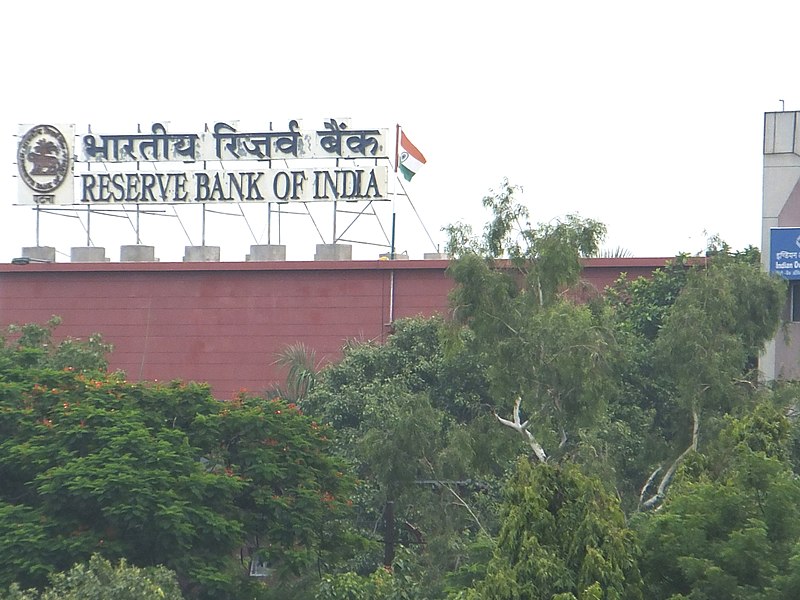Bank Recovery Agents Crossing the Line? Here’s What They Can & Cannot Do
There are many instances about the high-handed and illegal behaviour of recovery agents, who were trying to recover amounts on behalf of banks.

In a recent instance, an 81-year-old lady was severely harassed by recovery agents—she received 375 threatening calls regarding her son’s unpaid bank dues. After she approached the police, a case was filed against these agents.
According to a report in The Times of India, a private bus was stopped, and 42 passengers were held hostage for three hours by recovery agents, who wanted to recover money from the travel company which owned the bus.
These incidents (and there are several of them) confirm the fact that recovery agents/agencies are feared in India.
But who are they exactly and why is everyone so scared of them?

Source: Flickr
A recovery agency pursues customers and businesses that owe payments to banks. Most of these recovery agencies act as agents in collecting the dues of customers for a fee or a percentage of the total money owed. These are generally third-party agencies as they are not part of the original contract.
There are many instances about the high-handed and illegal behaviour of recovery agents, who were trying to recover amounts on behalf of banks.
Not only have people had to face humiliation in front of family and friends, but many have also faced intimidation and physical threats. There are also cases where customers have committed suicide or developed health problems due to the menacing behaviour of the recovery agents.
In a judgment (Smart Security Secret Service Agency vs State Bank of India) the High Court of Kerala ruled that resorting to strong-arm tactics to recover loans by Banks and other Financial Institutions is unlawful.

The High Court observed that in a democratic country like India, which has a recognised and independent judiciary and possesses various laws, the involvement of muscle men in the recovery of bank dues would, without a doubt, lead to lawlessness in the country.
While it recognised the fact that these attempts are made because of the slow justice delivery system, lawlessness cannot be encouraged because of this single reason.
Stating that the usage of strong-arm strategies was unlawful, unethical and against the protection of public interest, in addition to being opposed to public policy, the High Court directed financial institutions to follow the due process of law in an authorised manner.
Also Read: Planning to Take an Education Loan in India? Here’s What You Need to Know
This judgment was also sent to the Governor of the Reserve Bank of India (RBI) to ensure that similar incidents would not occur in the future. Although the RBI has laid many rules against banks appointing these kinds of recovery agents, these agents continue to be appointed.
What can the loan defaulter do when he or she is threatened by recovery agents?

1) File a complaint at a police station
A formal complaint should be filed against the bank and the recovery agency. If the police refuse to file a case, the magistrate can be approached for the same.
2) Injunction suit against the bank and recovery agents
A civil injunction suit with an ad interim relief can be filed against the bank and recovery agency in the civil court. This can be done to ensure that bank officials and recovery agents do not visit your home for recovery of dues.
3) File a complaint with the Reserve Bank of India (RBI)
After receiving several complaints from the public against banks and seeing several litigations filed against the “threatening” mode of recovery, the RBI issued guidelines for recovery agents to approach the defaulters. Therefore, in case the defaulters feel threatened, they have the option to contact the institution and file a legal complaint.
4) Defamation suit
If the debt recovery is based on erroneous information which led to the loss of your CIBIL score, then you can file a defamation suit against the bank and recovery agency.
5) Trespass complaint
If the recovery agents of the bank illegally entered into your house without authorised permission, then a trespass complaint can be filed against them for violating your rights.
6) Extortion complaint
If the recovery agents forcefully recovered the amount, an extortion case can be filed against them.
You May Also Like: How a Loan Scheme to Help People Irrespective of Their Financial Backgrounds is Transforming Lives
Irrespective of the amount, banks should always opt for legal ways to recover the debt instead of resorting to unlawful means by employing recovery agents who intimidate and threaten people.
Like this story? Or have something to share?
Write to us: [email protected].
Connect with us on Facebook and Twitter.
This story made me
- 97
- 121
- 89
- 167
Tell Us More
We bring stories straight from the heart of India, to inspire millions and create a wave of impact. Our positive movement is growing bigger everyday, and we would love for you to join it.
Please contribute whatever you can, every little penny helps our team in bringing you more stories that support dreams and spread hope.



















